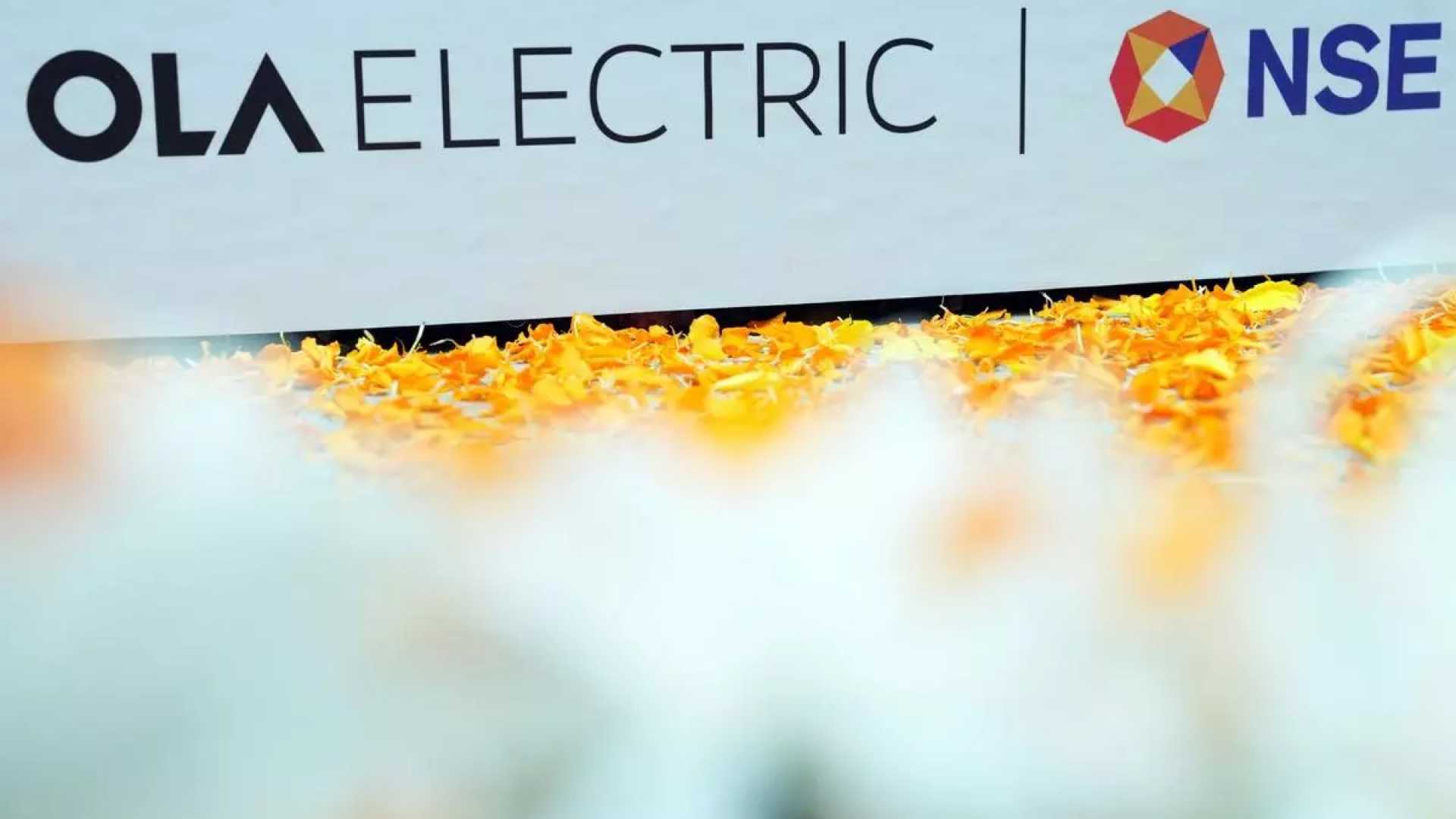Business
THG Faces Investor Skepticism Despite Strong Revenue

In the world of investing, risk and reward are closely linked, with potential opportunities often accompanied by uncertainties. A fascinating case is that of THG, a significant player in the e-commerce and nutrition sector, which faces both skepticism and opportunity.
Shares in THG have seen a dramatic decline, losing over a quarter of their value this year alone. Since listing four years ago, the share price has plummeted by 93%, leading many investors to doubt the company’s long-term prospects.
However, analyzing the company from a contrarian perspective, some investors see the current downturn as a potential bargain opportunity. This viewpoint is fueled by the robust revenue figures THG continues to generate. Recent interim results revealed revenues of £911 million in the first half of the year, maintaining stability year-on-year.
The company’s adjusted EBITDA—a common metric among analysts—grew by 4% to £49 million. While some critics argue that this measure doesn’t account for all business costs, it does indicate a level of operational stability.
THG’s nutrition business is notably strong, complemented by its growing e-commerce outsourcing services, which witnessed a 13% revenue increase compared to the previous year. These figures suggest ongoing customer acquisition and business expansion.
Despite these promising signs, several challenges cloud THG’s outlook. The firm recorded a £85 million operating loss in the first half, an improvement from the previous year but still substantial. Furthermore, the company’s finance costs surged by 31% to £350 million, and its capital expenditure more than doubled to £128 million.
These figures, juxtaposed with THG’s market capitalisation of £740 million, paint a mixed picture for potential investors. On one hand, the company offers substantial revenue with growth potential. On the other, its financial health is a concern, with ongoing high costs and cash outflow casting a shadow on profitability prospects.
For contrarian investors, THG might still represent a promising opportunity, provided the company manages to curb costs and edge towards profitability. However, the road to recovery is fraught with uncertainties. Should THG’s financial strategy not yield results, investors face the risk of further share price depreciation.
In summary, while THG’s financial trajectory holds potential, the cautious investor may choose to wait for clearer signs of profitability before committing. The current scenario positions THG on the precipice of both possible revitalization and further decline, making it a watchful prospect in the investment landscape.












